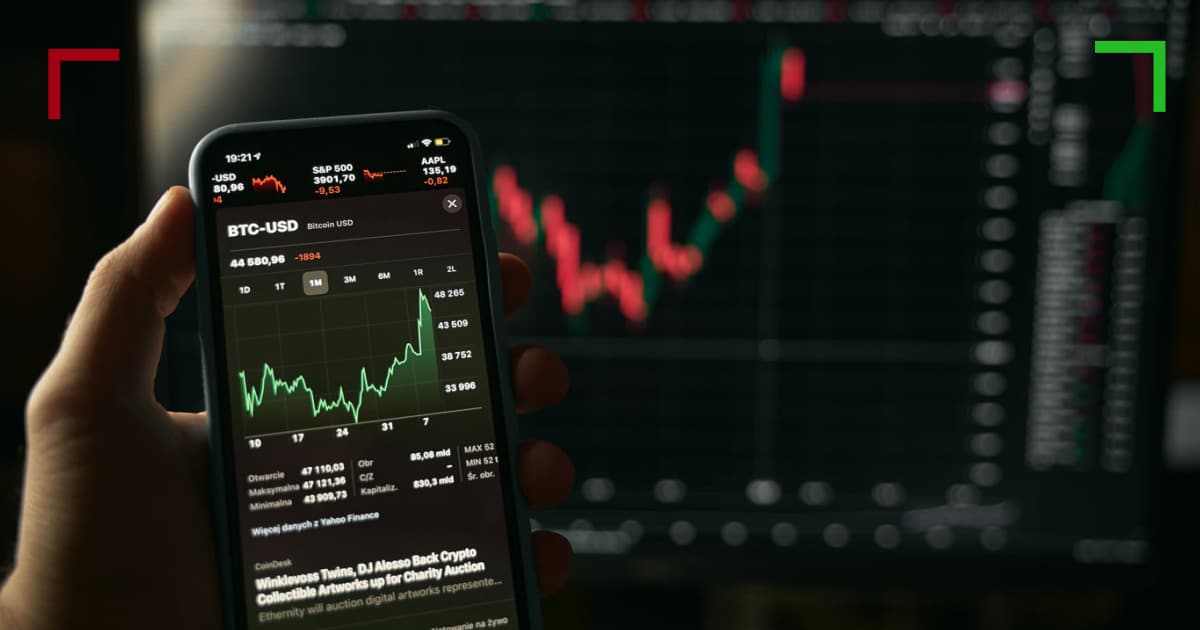
Understanding Crypto Trading Platforms: The Future of Digital Asset Trading
In the rapidly evolving landscape of finance, Crypto Trading Platforms http://www.freedomsphoenix.com/News/323286-2022-04-02-uk-sleepwalking-into-food-crisis-as-fresh-produce-set-to.htm have emerged as pivotal tools that revolutionize the way individuals and institutions engage with cryptocurrencies. These platforms serve not only as venues for buying and selling digital currencies but also as critical components of a growing global economy driven by blockchain technology. This article delves into the intricacies of crypto trading platforms, highlighting their significance, features, and the future of cryptocurrency trading.
What are Crypto Trading Platforms?
Crypto trading platforms are online services that allow users to buy, sell, and trade cryptocurrencies. These platforms provide an interface that facilitates transactions, catering to both individual traders and institutional investors. With the explosive growth of cryptocurrencies over the last decade, numerous platforms have surfaced, each offering unique features and functionalities.
The Importance of Crypto Trading Platforms
The importance of crypto trading platforms cannot be overstated. They are the backbone of the crypto economy, enabling users to exchange fiat currencies for digital assets. As more people seek to invest in cryptocurrencies, trading platforms play a crucial role in ensuring user access and participation in this innovative market. Furthermore, they facilitate liquidity, allowing for swift trades and making it easier for investors to enter or exit positions.

Types of Crypto Trading Platforms
Crypto trading platforms can be broadly classified into several categories:
- Cex (Centralized Exchanges): These are the most popular type of trading platforms. They act as intermediaries between buyers and sellers, providing a user-friendly interface. Examples include Coinbase, Binance, and Kraken.
- Dex (Decentralized Exchanges): Unlike centralized exchanges, DEXs operate without a central authority. They allow peer-to-peer trading, enhancing privacy and security. Uniswap and SushiSwap are notable examples.
- P2P (Peer-to-Peer) Platforms: P2P platforms connect buyers and sellers directly, offering more flexibility and often lower fees. Platforms like LocalBitcoins and Paxful fall into this category.
How to Choose the Right Crypto Trading Platform
With numerous options available, selecting the right crypto trading platform can be a daunting task. Here are some factors to consider:
- Security: Look for platforms with robust security measures, including two-factor authentication (2FA) and cold storage for assets.
- User Experience: A user-friendly interface can significantly impact your trading experience, especially for beginners.
- Fees: Be mindful of transaction fees, withdrawal fees, and deposit fees, as they can impact your overall returns.
- Supported Cryptocurrencies: Ensure the platform supports the cryptocurrencies you wish to trade.
- Liquidity: Higher liquidity usually means better pricing and execution speeds.

Trading Features and Tools
Modern crypto trading platforms come equipped with a range of features designed to enhance the trading experience. Some of these include:
- Advanced Charting Tools: Many platforms offer charts with various indicators and overlays to help traders analyze price trends.
- Margin Trading: Some platforms allow you to borrow funds to trade larger positions, potentially amplifying profits (as well as losses).
- Automated Trading: Features like trading bots and APIs enable users to automate their trading strategies.
- Market Orders and Limit Orders: These order types help traders manage their entry and exit points more effectively.
The Future of Crypto Trading Platforms
As technology continues to advance, the future of crypto trading platforms is poised for significant evolution. The integration of artificial intelligence and machine learning could lead to more sophisticated trading tools, while increased regulatory oversight may provide more security and confidence for users. Furthermore, the growing adoption of cryptocurrencies by mainstream financial institutions will likely drive further innovation within trading platforms.
Conclusion
Crypto trading platforms serve as the gateway to the world of digital currencies, making it essential for traders to choose the right platform for their needs. As this market continues to grow and evolve, staying informed about platform features, security, and overall market dynamics will be crucial for success in crypto trading. Regardless of your level of experience, there are opportunities in the cryptocurrency market, and the right trading platform can help you navigate this exciting and rapidly changing landscape.
